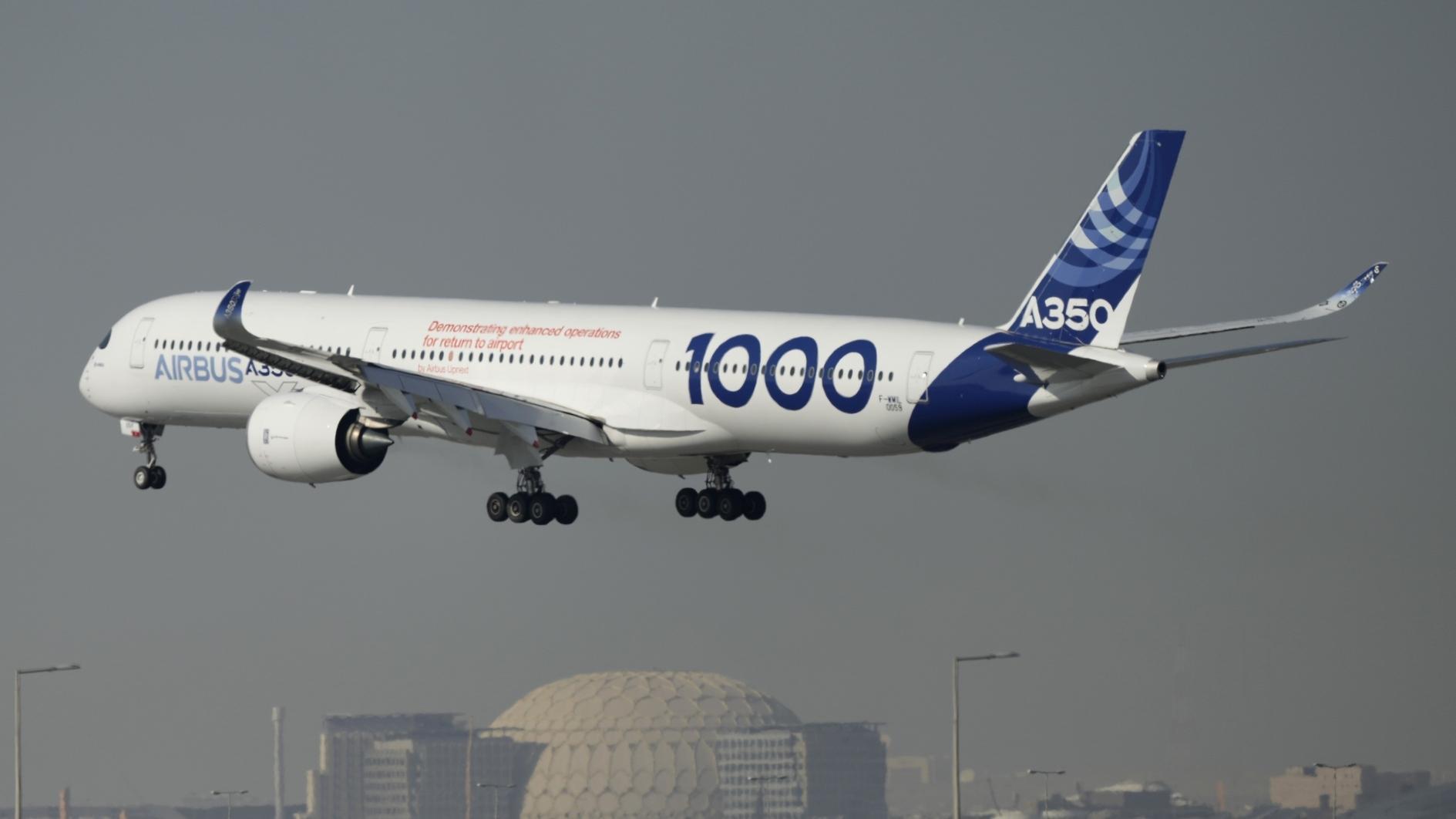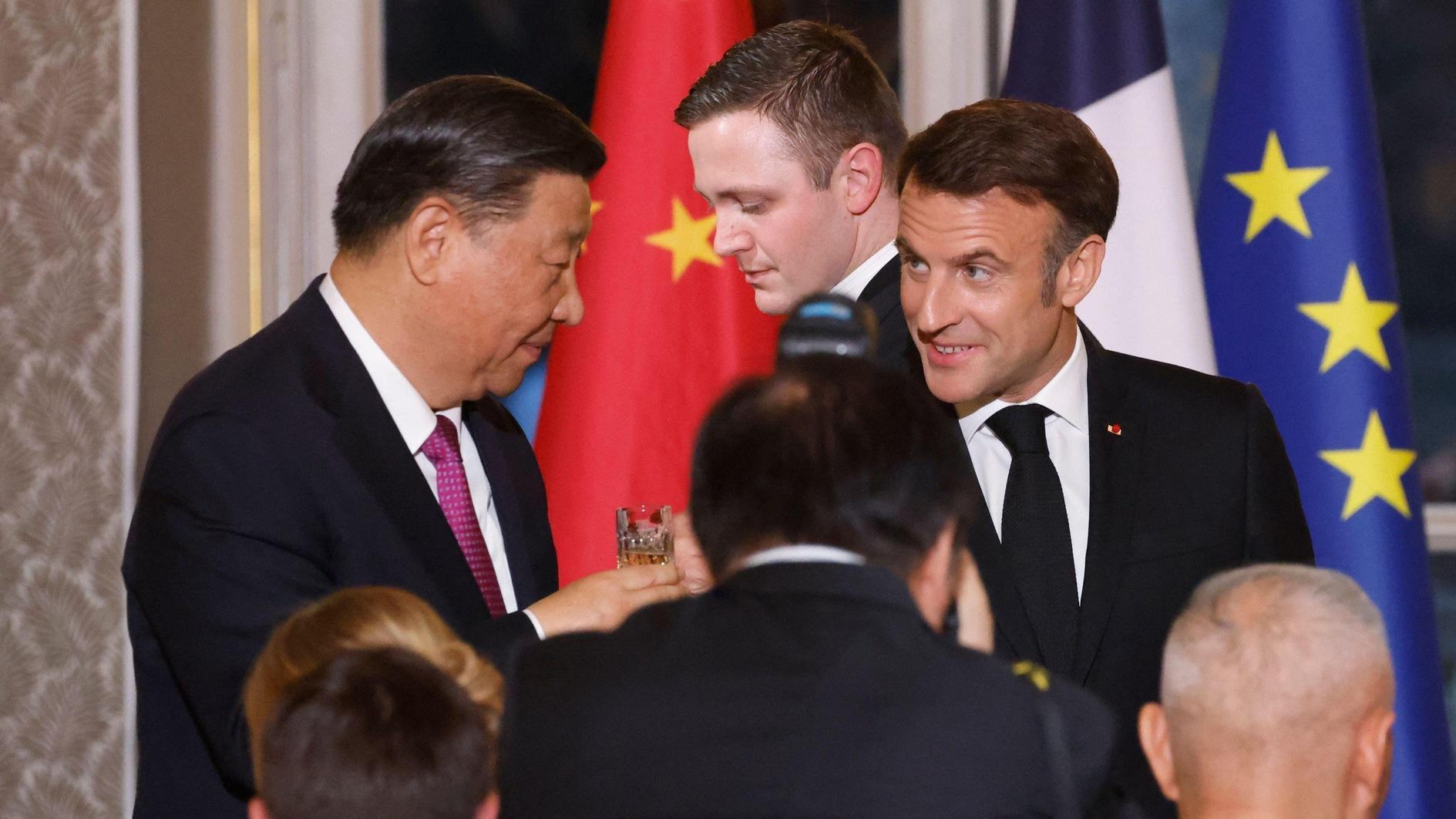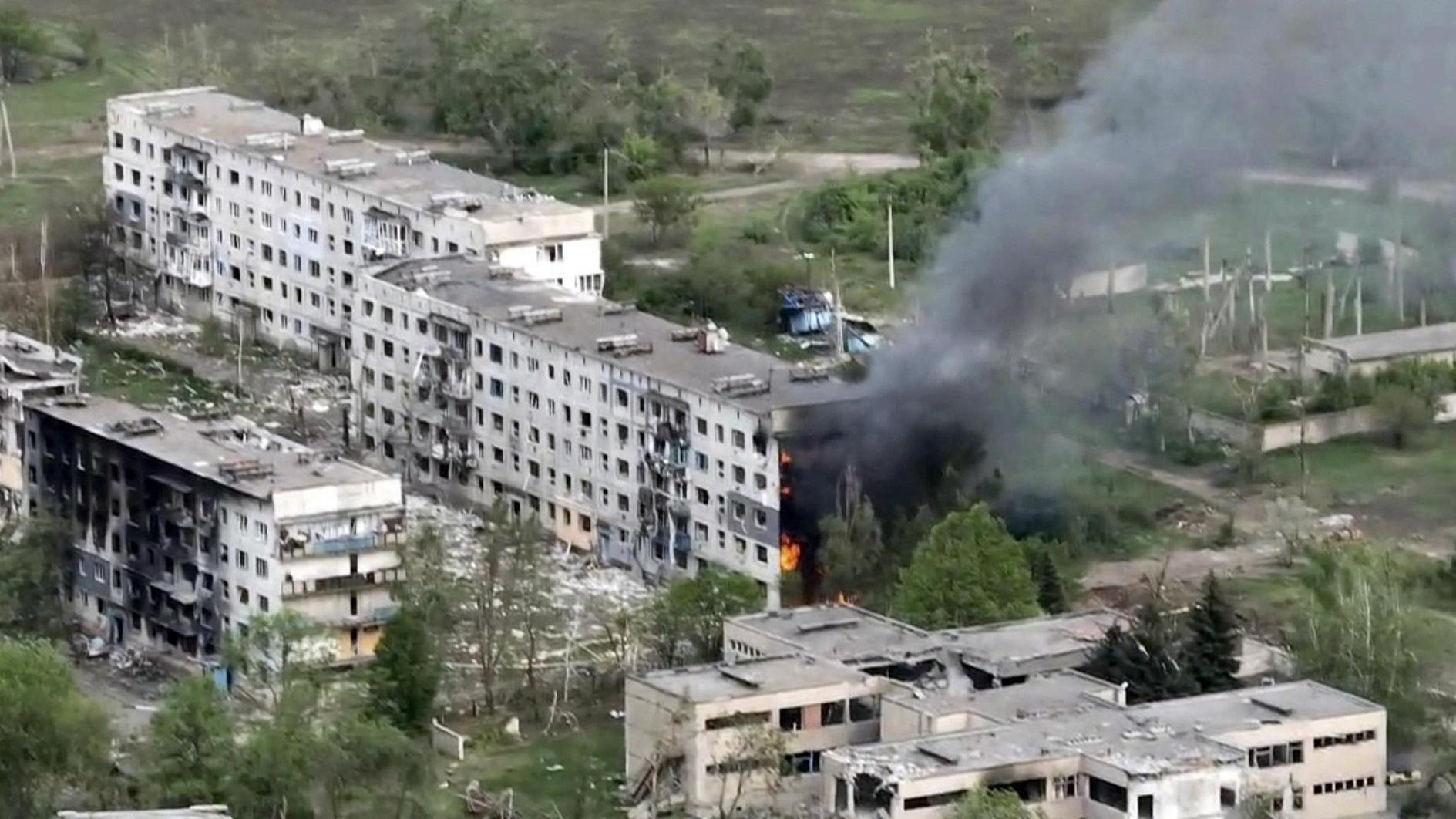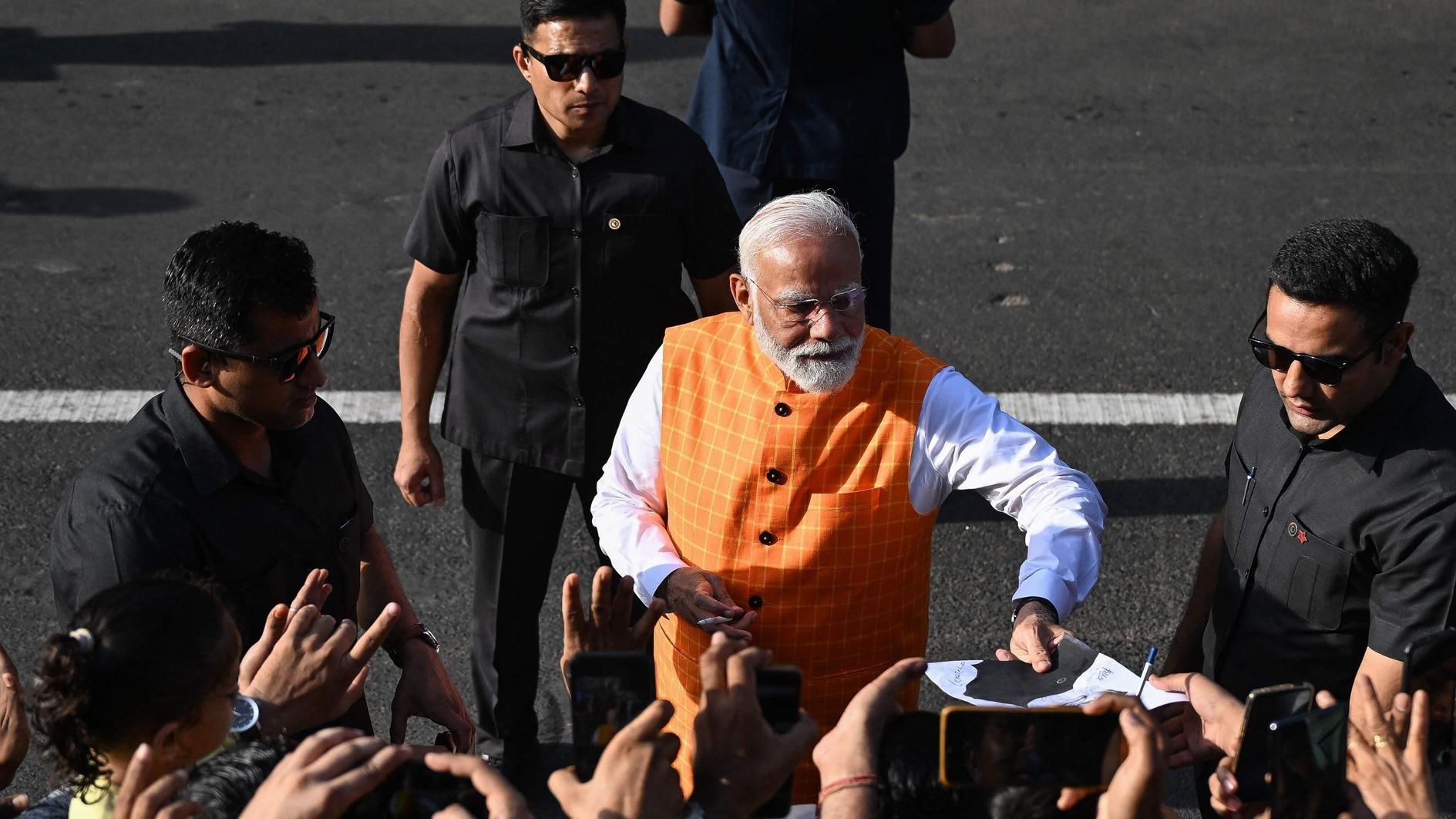The success of negotiations and Erdoğan’s stance
We have seen once again that the fact that Prime Minister Recep Tayyip Erdoğan has opted for exceptionally harsh language in his public statements does not prevent him from demonstrating flexibility on the same topic behind closed doors – a phenomenon that is inversely proportional to the harshness.
One of the outcomes of the negotiation process with the outlawed Kurdistan Workers’ Party (PKK) leader Abdullah Öcalan on İmralı island is that Erdoğan has a political identity that accommodates such contrasts and which astonishes everyone with sudden maneuvers and major surprises.
When we review this period of negotiations with İmralı, which extends back to a period beginning with the fall and lasting until New Year’s Eve, we can see that the prime minister has adopted an extremely harsh language against the Peace and Democracy Party (BDP) and the PKK. For example, he has launched a strong campaign for the lifting of the political immunities of certain BDP deputies.
The same Erdoğan that tried to deliver a blow to the BDP this way approved the visit last week of two individuals representing the political movement to İmralı and their function as a channel between Öcalan and the PKK’s Kandil and European wings – consequently bringing the BDP to the forefront as one of the most important legitimate interlocutors in the solution to the Kurdish issue.
In recent times, Erdoğan has adopted a severe discourse against the BDP, coining an anthology of heavy descriptions for the group, including terms such as “miserables” and “necrophiliacs.”
Actually, an important dimension of Erdoğan’s reactions lies in his reluctance to accept the reality represented by the BDP that has defeated his party at many ballot boxes in the southeast. Erdoğan has gone as far as claiming that “the BDP does not represent the Kurds.”
When Erdoğan’s discourse is examined, we can see that the issue of how the Kurds voted for the BDP and not the Justice and Development Party (AK Party) constitutes a significant topic of rage. For example, we have to highlight comments he made in the southeastern province of Şanlıurfa on Dec. 29: “Unfortunately, the party which is the extension of the separatist terror organization has no concern for serving the community, just as those who have voted for them do not seek any services. What do they have? They only have an ideology. They may live in filth, but they still go and vote for them. Don’t you deserve a humane life? Why do you cast your ballot for those who deprive you of your right to live a humane life? For God’s sake, have you rented out your wisdom, your conscience?”
It is derogatory that the prime minster associates a verb such as “renting out the mind and conscience” for Kurdish voters who voted for the BDP.
Today, in the southeast, a majority of city and district municipalities are controlled by the BDP. In 2009 local elections, 2.3 million citizens voted for the party. Are all of these citizens of ours composed of people who have rented out their minds and consciences?
In a democracy, a vote that has been cast by anybody is worth respect, and no voter can be denigrated because of the vote he/she has cast. A voter casting his/her vote according to his/her ideology is one of the most natural political acts in a democracy.
The recently launched negotiation process that includes Öcalan has created a vital opportunity for a solution to the Kurdish issue in Turkey and for the establishment of peace. The success of the process lies in many factors and conditions – one of them is the requirement that Erdoğan opts for a more measured language in dealing with the BDP, which is now a stakeholder in the process, and for the Kurdish citizens who have voted for them.











